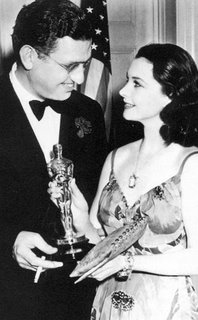I approach writing my weekly Risky Regencies posts as I do my fiction writing: I let my mind wander and seize on something that seems like it might go somewhere. Usually, it works, at least enough for me to get something tapped out on the keyboard.
But today? I am Tapped Out. I officially have NO IDEAS for this post. Which means, unfortunately for you all, I’ll have to let my mind wander as I type, not just show the finished product.
 Yesterday, my son, my father and I went to the Bronx Zoo, which is truly spectacular. It made me think about what zoos were like in the Regency–pretty pathetic things, I think, and I am pretty sure they were called “menageries,” not zoos, and can you imagine how poorly the animals were treated? Horses were treated well, they had to carry the Men on their Important Hunting Expeditions, after all, but other animals did not get very good treatment. No wonder our heroines always befriend cats and dogs and the like.
Yesterday, my son, my father and I went to the Bronx Zoo, which is truly spectacular. It made me think about what zoos were like in the Regency–pretty pathetic things, I think, and I am pretty sure they were called “menageries,” not zoos, and can you imagine how poorly the animals were treated? Horses were treated well, they had to carry the Men on their Important Hunting Expeditions, after all, but other animals did not get very good treatment. No wonder our heroines always befriend cats and dogs and the like.
I was also thinking about what made a plot good–sure, there’s that catch in the throat when you’re not quite sure the author is going to live up to the expectations of a romance, and are they really going to get together, because sheesh, it sure seems like there’s no way they can get out of this mess, not without a lot of deus ex machina. And when they do, you’re almost pathetically grateful to the author for making us breathe easier. Mary Balogh is the queen of this, and she makes my heart stop almost every time I read one of her books. Who does that for you?
And the weather–our heroes and heroines did not have the benefit of central air, heat, or Polartec fabric. It’s gorgeous here on the East Coast now, and the crocuses are starting to spring up and the weather will be in the 70s today, and it fills one (meaning me) with a feeling of enthusiasm and joy. I wonder if our heroes and heroines felt the same, only moreso, because they were confined inside their drafty houses? Or did they combat their winter lassitude by doing all sorts of outdoorsy things that put a sparkle in their eyes and a healthy pink blush in their cheeks? Did they even talk about seasonal depression?
Now, here’s the class participation part: When your mind wanders, what does it wonder about? What authors make your breath catch in your throat? And is it Spring where you live? If so, what’s the part you like the best about Spring?
Megan
www.meganframpton.com



